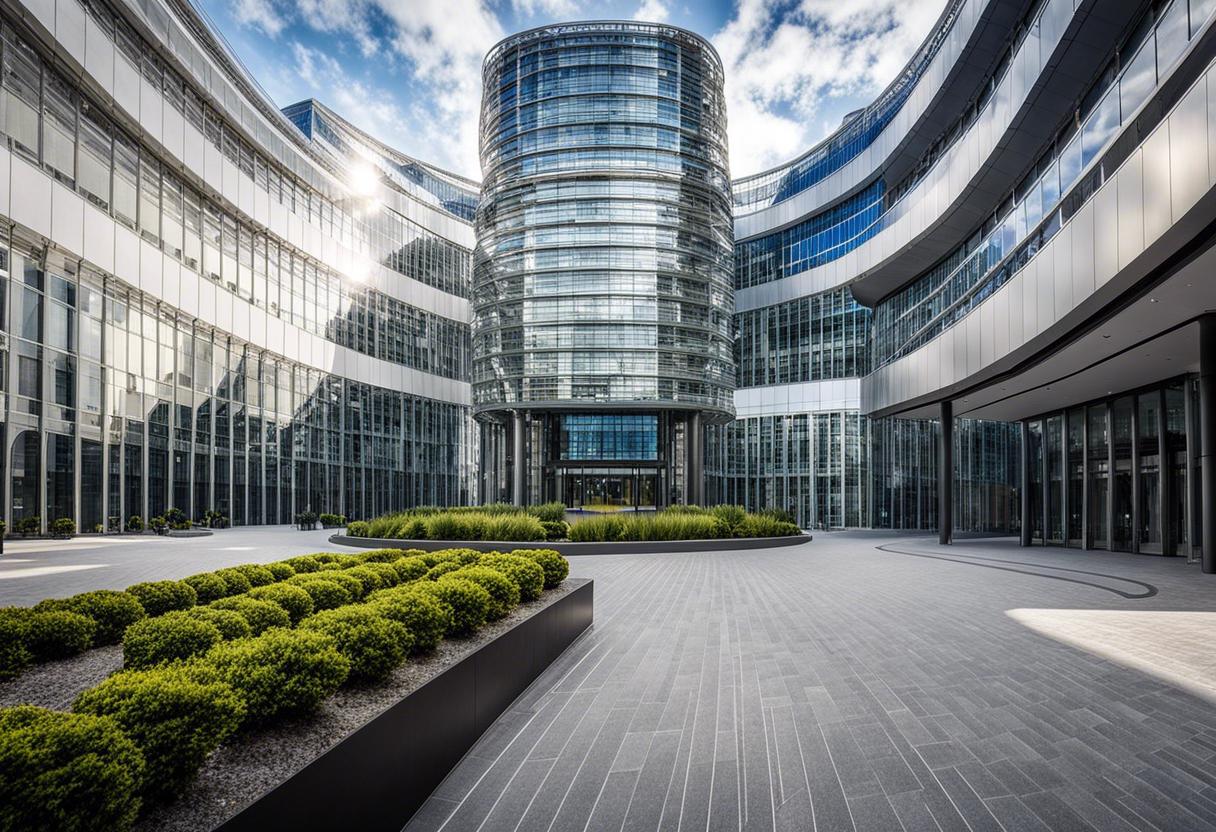The heads of the 27 EU member states convened in Brussels for their first gathering following the recent European elections, with a focus on appointing individuals to several key posts. It was indicated by Taoiseach Simon Harris, that many leaders were in favour of endorsing Ursula von der Leyen for another term as the European Commission’s leader. He voiced the importance of timely decision-making to avoid prolonged uncertainty.
Dinner negotiations commenced on Monday evening to settle on candidates for critical roles such as the European Commission president, foreign policy spokesperson, European Council president, and European Parliament president. Emphasising the importance of swift resolution, German chancellor Olaf Scholz insisted on a prompt decision regarding the commission president, considering the challenging times and uncertainty around Europe’s future.
Dr von der Leyen received support from Greek premier Kyriakos Mitsotakis for an additional five years. A formal endorsement for the key EU positions is anticipated to be held during a comprehensive two-day summit later next week. If a majority of leaders officially nominate Dr von der Leyen, her name will require the approval of a majority of the MEPs.
The preceding leadership coalition consisting of the centre-right European People’s Party (EPP), the centre-left Socialists and Democrats (S&D) and the centrists Renew had secured 406 of the available 720 seats in the European Parliament. However, a potential opposition to Dr von der Leyen from within these groups suggests a close vote.
Estonian Prime Minister Kaja Kallas, aged 46 and a leader of the liberal Reform Party, may potentially become the new chief of EU foreign affairs. Key EU roles were also part of the discussion among national leaders during the dinner.
Throughout the EU, substantial recognition has been garnered by Ms Kallas for her consistent advocacy of Ukraine, in the wake of the early 2022 invasion by Russia. In her potential new role, she is assured of support from the Polish Prime Minister, Donald Tusk, due to her shared stance with Poland on the conflict and her in-depth understanding of Ukraine’s and Russia’s predicaments.
In the succeeding phase of the European Council’s presidency, Antonio Costa, former Prime Minister of Portugal, is widely viewed as a favourable contender to take the reins from Charles Michel. As the leader of the Socialist Party, Mr Costa held the Prime Minister’s office in Portugal from 2015 until his departure late last year. Despite his removal in the wake of a substantial corruption scandal that besieged his administration, he was not directly implicated or charged with any offences.
Robert Golob, the Slovenian Prime Minister, assured his support for Mr Costa in this consensus-fostering role of council presidency.
Simultaneously, other eminent figures have emerged as probable candidates for leading roles. The prime minister of Denmark, Mette Frederiksen, and Alexander De Croo, the interim prime minister of Belgium post his party’s substantial loss in the recent federal elections, have gained attention. Moreover, it is largely anticipated that Roberta Metsola, the politician associated with Malta’s centre-right politics, will be nominated for an additional term as the European Parliament’s president.

